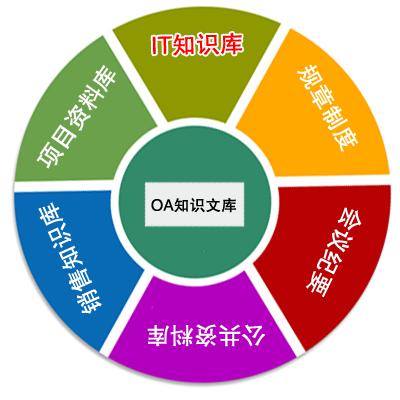In recent years, data science has become an indispensable part of our society. Over time, we have become reliant on this technology because of its opportunity to gain value and new insights from data in any field - business, socializing, research and society. At the same time, it raises questions about how justified we are in placing our trust in these technologies. There is a risk that such powers may lead to biased, inappropriate or unintended actions. Therefore, ethical considerations which might occur as the result of data science practices should be carefully considered and these potential problems should be identified during the data science lifecycle and mitigated if possible. However, a typical data scientist has not enough knowledge for identifying these challenges and it is not always possible to include an ethics expert during data science production. The aim of this study is to provide a practical guideline to data scientists and increase their awareness. In this work, we reviewed different sources of biases and grouped them under different stages of the data science lifecycle. The work is still under progress. The aim of early publishing is to collect community feedback and improve the curated knowledge base for bias types and solutions.
翻译:近年来,数据科学已成为我们社会不可或缺的组成部分,随着时间推移,我们开始依赖这一技术,因为它有机会从任何领域 -- -- 商业、社会化、研究和社会 -- -- 的数据中获得价值和新的洞察力,与此同时,它提出了我们信任这些技术的理由,这种权力可能导致有偏见、不适当或无意的行动,因此,由于数据科学实践而可能产生的道德考虑应当得到认真考虑,在数据科学生命周期中应当查明这些潜在问题,并尽可能予以缓解。然而,典型的数据科学家缺乏足够的知识来查明这些挑战,在数据科学生产过程中并不总是可能包括伦理专家。这项研究的目的是为数据科学家提供实用的指导,并提高其认识。在这项工作中,我们审查了不同的偏见来源,将其分组到数据科学生命周期的不同阶段。这项工作仍在进行中。早期出版的目的是收集社区反馈,改进关于偏见类型和解决办法的整理知识库。




